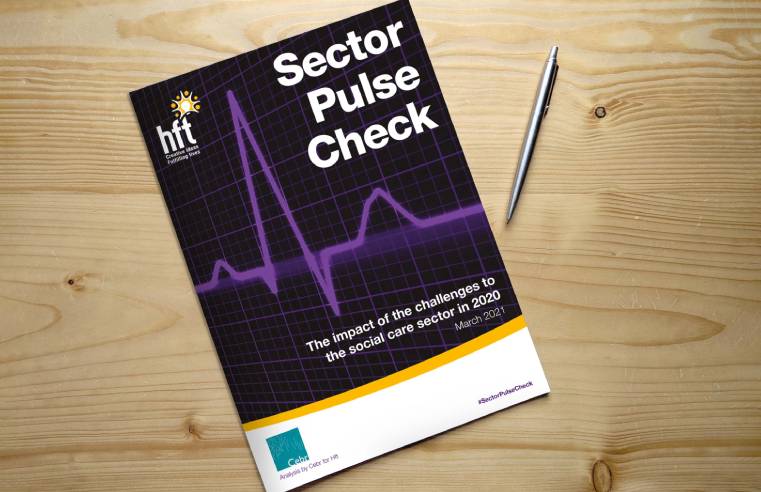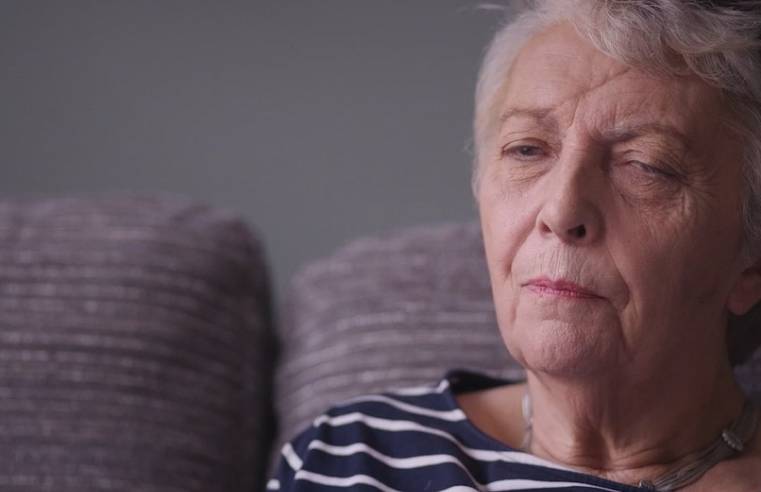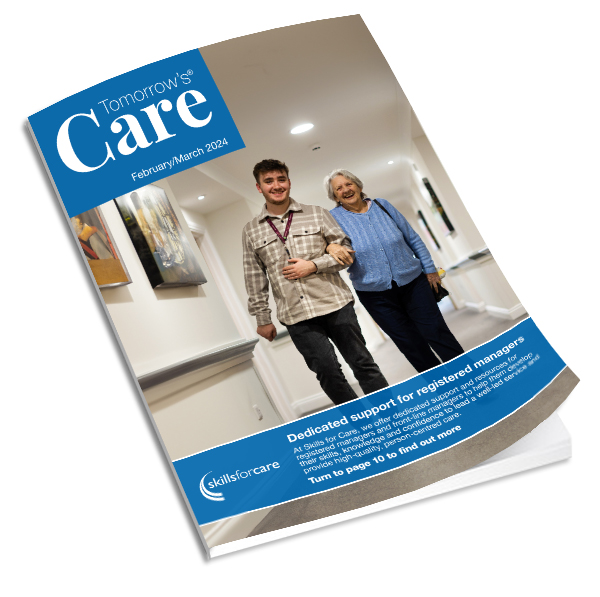Marie Curie and the Motor Neurone Disease (MND) Association have announced the funding of three new research studies that aim to improve the quality of palliative and end of life care received by people with MND.
The two charities hope that the studies will identify and address the palliative care needs of people with Motor Nuerone Disease and their carers, which have been relatively neglected until now, according to the two charities.
The partnership hopes to gain recognition for palliative care as an appropriate approach for patients with MND and other neurodegenerative diseases.
It is more routinely adopted for the care of patients with cancer.
There is currently no cure for MND and more than half of those with condition will die within two years of diagnosis.
Studies will look at various aspects of palliative care for MND. One, being conducted at the University of York, aims to identify gaps in existing research and develop a more complete picture of the needs of patients and carers.
Another, at the University of Manchester, recognising the central role that carers play in palliative care, aims to develop a tool that will empower them to better coordinate support for themselves and the patient.
A third study at the University of Sheffield looks at the specific burden of excessive saliva affecting some people with MND - a particularly distressing symptom, which doctors currently consider to be poorly treated.
Sarah Ezekiel, who was diagnosed with MND at the age of 34, has received palliative care at the Marie Curie hospice in Hampstead where she attends the day therapy centre and has also been an in-patient.
Speaking about the care she’s received at the hospice, Sarah commented: “Palliative care has been so important to me personally, so I do think that it’s crucial that research is done to ensure that palliative care is available for those with MND. I find hospitals frightening, especially since my speech is so badly impaired. There are no specialist centres for MND sufferers, so hospices really do offer us a very important service.
“I think that many people believe that palliative care can only help cancer sufferers, but it can do a great deal to help patients with MND too. End of life care is also important when you have a terminal illness. It's good to know that, when the time comes, I'll be supported to pass away with dignity and peace.”
Dr Sabine Best, Head of Research for Marie Curie, said: “Bearing in mind the poor prognosis associated with MND, we believe that research in this area is of great importance to those living with the condition. We are therefore delighted to be working with the MND Association – such partnerships are key to ensuring that we are making the research advances that we so desperately need to.”
Belinda Cupid, Head of Research at the MND Association, said: “The MND Association is dedicated to ensuring quality health and care so I’m delighted we are partnering with Marie Curie on upcoming research focused on this area.
“The need for more research into the management of excess saliva was highlighted by the MND NICE guideline. This funding is the first step in work that could make a huge difference to so many people.”
Professor Christopher McDermott, Professor of Translational Neurology and Honorary Consultant Neurologist at the University of Sheffield, said: “As a doctor caring for individuals living with MND common and difficult problems I see people struggling with excess saliva from the mouth and thick sticky secretions at the back of the throat.
“Unfortunately the best way to help people with these problems is unproven. There are lots of different approaches currently used and the aim of the ProSec (a prospective observation of secretion problems in motor neurone disease) project is to begin to explore which approach may give the best results for people living with MND.”
The funding of these studies, follows Marie Curie’s largest-ever call for research which, including contributions from the MND Association and Scottish Government Chief Scientist Office (CSO), totalled £1,425,000.























